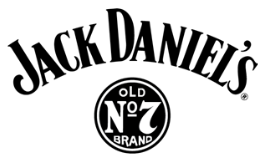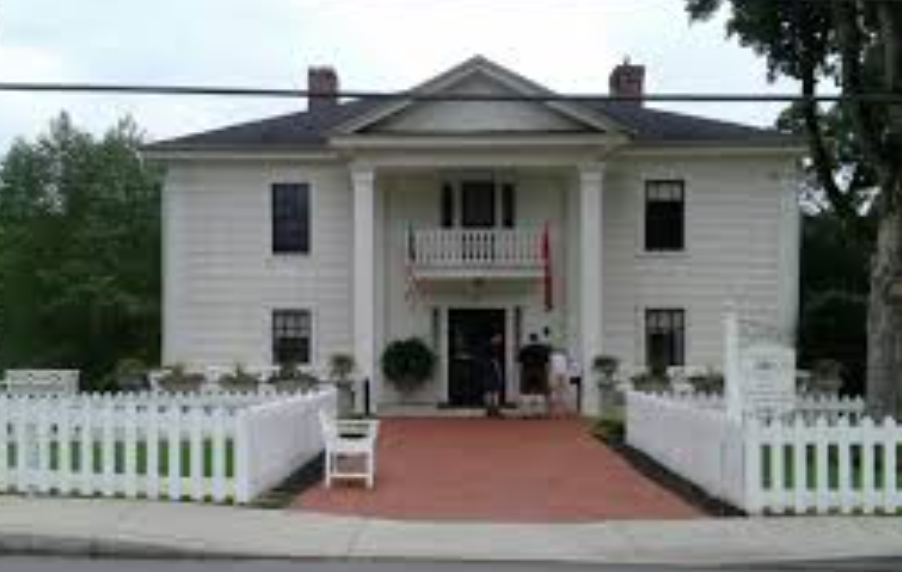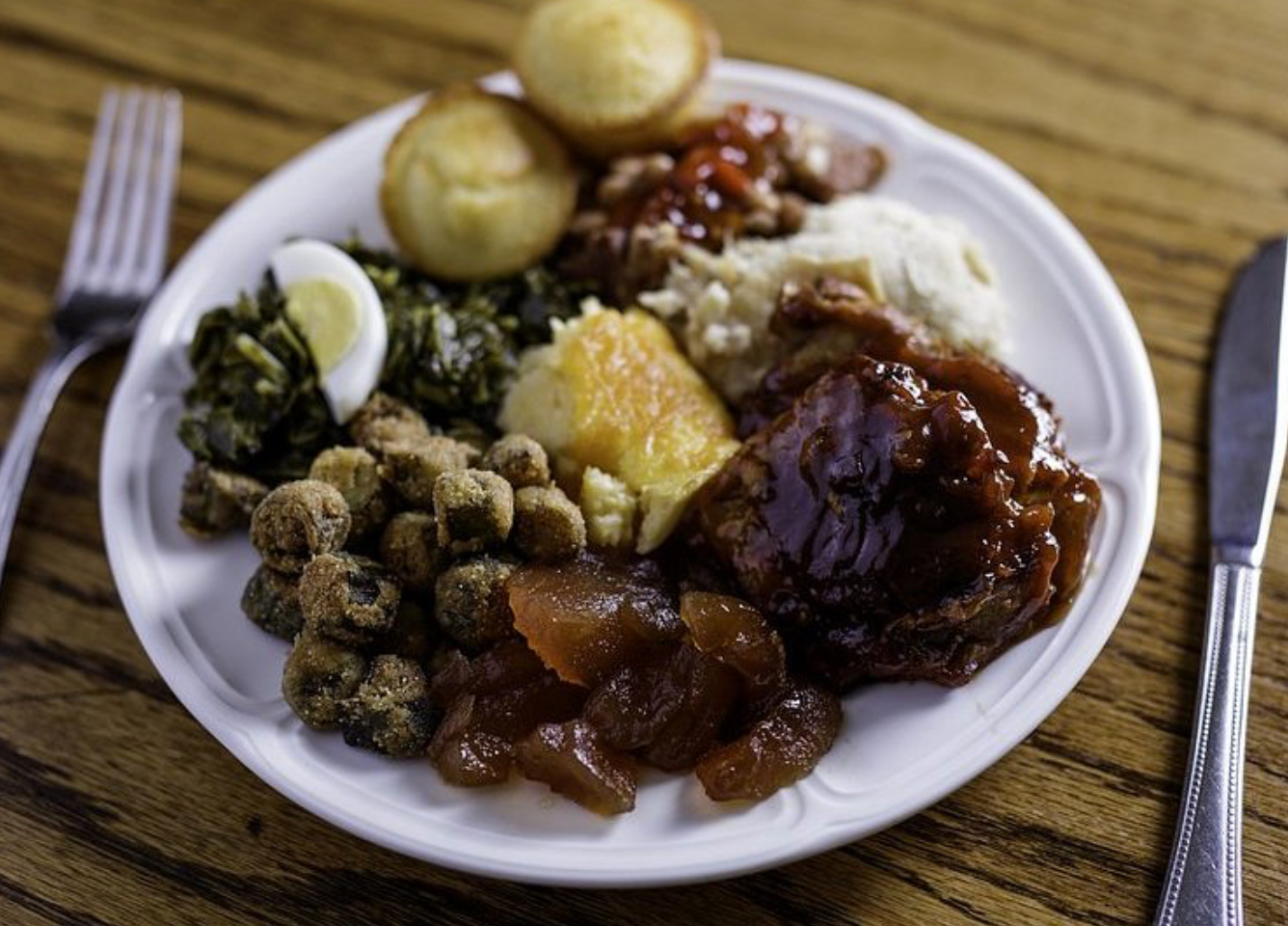Mary Bobo
If you find yourself hungry in Lynchburg, Tennessee, there’s only one proper place to eat: Miss Mary Bobo’s Restaurant. For over a century, the white Greek Revival boardinghouse on Main Street has been more than a restaurant—it’s been a home, a legacy, and a living tribute to Southern hospitality. At the center of this legacy is Mary Evans Bobo, a woman whose life story is deeply tied to the heart of the town and the soul of the Jack Daniel’s distillery.
“The First Lady of Lynchburg Hospitality”
Mary Evans was born on July 10, 1882, in Lynchburg. She was the oldest of four siblings, Ophelia, Felix, and Charlie, and from the start, she stood out. Her childhood was shaped by strength and perseverance. After her father, Dan Evans, died in his early thirties, Mary watched her mother, Susan “Birdie” Evans, run the family farm alone. Birdie, who lived into her 90s, became Mary’s first role model. She never remarried and never complained. Instead, she quietly worked through challenges—including the Great Depression—raising her children with the same grit that would later define Mary herself. As Mary once recalled, they “had pioneer blood” in them.
Mary’s commitment to education matched her work ethic. She completed private school and pursued learning beyond high school, a rare achievement for a woman in the early 1900s. In 1902, she married Jack Bobo, her schoolmate and neighbor. Their daughter Louise was born in 1905 while they were living on Jack’s mother’s farm. Just a few years later, in 1908, Mary and Jack purchased the Salmon House in Lynchburg. Once a traveler’s hotel run by Dr. E.Y. Salmon, the couple transformed it into the Bobo Hotel, which quickly became a hub of local life.
At the hotel, Mary wasn’t just a hostess; she was a manager, a cook, a planner, and the driving force behind the hotel’s success. In 1909, she gave birth to her son Charles, all while running a boarding house that served both long-term tenants and short-term visitors. The house was busy with workers from local barrel warehouses, salesmen, and townsfolk who came for the warm food and the welcoming spirit. Mary crafted the menus, managed the staff, and kept the place running smoothly, always with an eye for detail and a heart for people.
Though she never officially worked for Jack Daniel’s, Mary Bobo’s connection to the distillery ran deep. Her sister, Ophelia, married Lem Motlow, Jack Daniel’s nephew and successor. And her husband, Jack, was the uncle of Frank Bobo, who served as Jack Daniel’s master distiller from 1966 to 1993. While rumors swirl that Jack Daniel himself may have dined at her boarding house, the truth is less important than the legacy: Mary Bobo’s table became a place where stories, meals, and Tennessee whiskey culture met.
Mary’s commitment to education matched her work ethic. She completed private schove dined at her boarding house, the truth is less important than the legacy: Mar
Remarkably, Mary continued to run the boarding house, and later the restaurant, until she died in 1983, just shy of her 102nd birthday. At the age of 88, she negotiated a contract with the Jack Daniel’s Distillery to serve meals, turning her final 14 years into the most profitable of her life. She once said, “My life has been a happy one. I always had good help. I never had to work very hard, and that is why I had a long life.” Of course, anyone who knew her would say she worked plenty hard, but Mary made it look effortless. After her passing, the Jack Daniel’s Distillery took over the building to preserve its history. In 1984, Lynne Tolley, great-grandniece of Jack Daniel, became the new proprietress. Under her care, and with renovations in 2006 that added modern updates like a new kitchen and elevator, Miss Mary Bobo’s restaurant continued to serve traditional Southern meals in a family-style setting, complete with sweet tea and warm conversation.
Mary’s influence didn’t stop with her death. Her great-granddaughter, Sherrie Moore, carries on the family connection to whiskey. After living with Mary during college, Sherrie worked weekends at Jack Daniel’s, then built a career in quality control, operations, blending, and sampling. Today, she serves as a whiskey consultant and has worked with both Jack Daniel’s and Uncle Nearest distilleries. Of her great-grandmother, she remembers, “She wanted me to come live with her,” a sign of the closeness and care that defined Mary’s family life as much as her professional one.
Miss Mary Bobo lived through two World Wars, the Great Depression, Prohibition, and the modern rise of Tennessee whiskey. Yet through it all, she remained steady: a symbol of grace, strength, and Southern tradition. The house she once filled with home-cooked meals and laughter still serves up both. In every bite of fried chicken or spoonful of creamed corn, you can taste the legacy of a woman who knew how to live well, host generously, and leave behind something that mattered.
Sources:
Jack Daniel’s Distillery archives
Interviews and statements by Sherrie Moore
Miss Mary Bobo’s Restaurant historical materials
Local Lynchburg historical records
Contributed by Tiffany Talibah “Tee” Floyd, Chicago, Illinois







